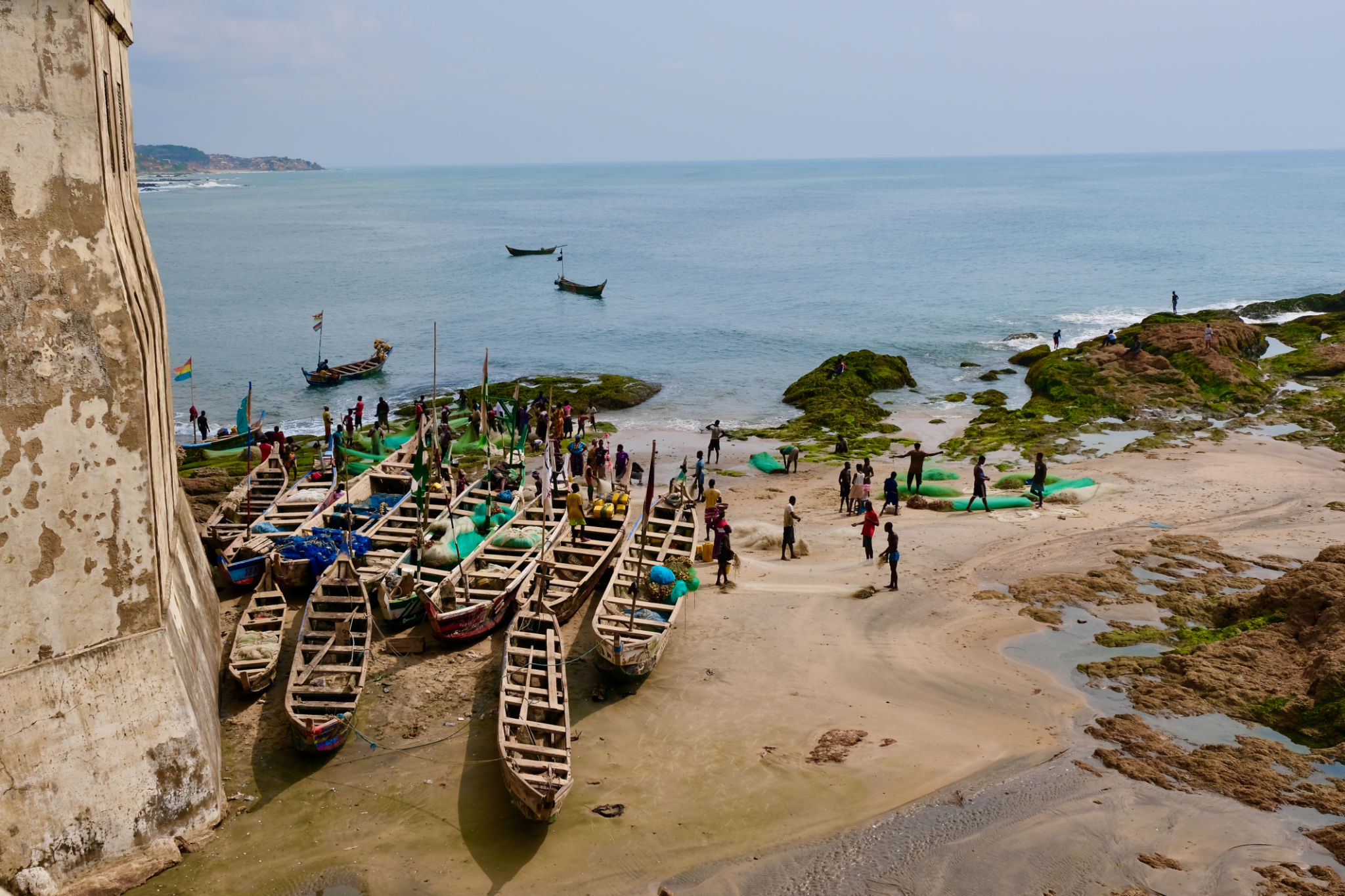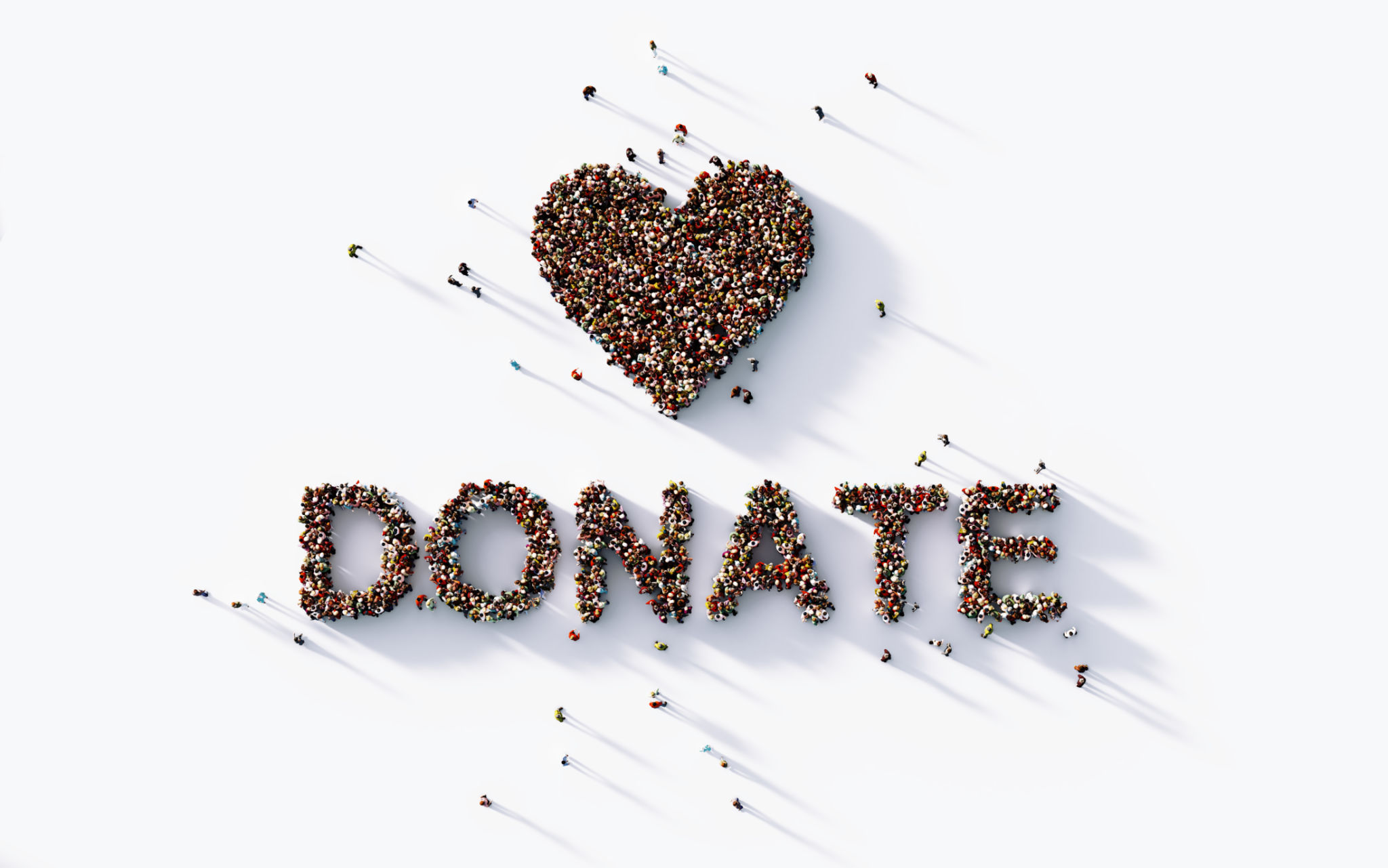How to Get Involved in Coastal Conservation Projects in Ghana
Understanding the Importance of Coastal Conservation in Ghana
Coastal regions in Ghana are rich in biodiversity and play a crucial role in the country's economy, culture, and environment. However, these areas face threats from pollution, overfishing, and climate change. Getting involved in coastal conservation projects not only helps protect these vital ecosystems but also supports sustainable livelihoods for local communities.

Researching Opportunities
The first step to getting involved is researching the various coastal conservation projects available in Ghana. Many organizations focus on different aspects of conservation, such as mangrove restoration, marine life protection, or community education. It is essential to find a project that aligns with your interests and skills.
Some well-known organizations working in this field include the Environmental Protection Agency, Friends of the Earth-Ghana, and the Ghana Wildlife Society. These groups often have ongoing projects where volunteers are welcome to contribute their time and expertise.
Volunteering with Local Organizations
Volunteering with local organizations is a practical way to get hands-on experience in coastal conservation. By working directly with communities, volunteers can help implement sustainable practices and raise awareness about environmental issues. You'll have the opportunity to engage in activities such as beach clean-ups, tree planting, and educational workshops.

Participating in Citizen Science Projects
Citizen science projects offer another avenue for involvement. These projects involve collecting data that contribute to scientific research and environmental monitoring. In Ghana, citizen scientists can participate in initiatives such as marine wildlife surveys or water quality testing. This involvement helps gather crucial data needed to inform conservation strategies.
Supporting Conservation Through Donations
If you cannot volunteer your time, consider supporting conservation efforts through financial donations. Many projects rely on funding to carry out their activities, and even small contributions can make a significant difference. Donations can help purchase equipment, support research, and provide educational resources to communities.

Advocating for Policy Changes
Another impactful way to contribute is by advocating for policy changes that support coastal conservation. Engage with policymakers, attend public meetings, or join advocacy groups focused on environmental protection. Raising your voice can help shape policies that prioritize sustainable practices and protect coastal ecosystems.
Educating Others
Education plays a critical role in conservation efforts. By spreading awareness about the importance of coastal conservation, you can inspire others to take action. Organize workshops, write articles, or use social media platforms to educate your network about the environmental challenges facing Ghana's coasts and how they can help.
Joining Online Communities
Joining online communities dedicated to conservation can enhance your knowledge and connect you with like-minded individuals. These platforms often share valuable resources, upcoming events, and volunteer opportunities. Engaging with these communities can provide support and motivation for your conservation efforts.
Conclusion
Getting involved in coastal conservation projects in Ghana is a rewarding experience that contributes significantly to preserving the country's natural heritage. Whether through volunteering, donations, advocacy, or education, every effort counts towards creating a sustainable future for Ghana's coastal regions. By taking action today, you help ensure that these beautiful ecosystems continue to thrive for generations to come.